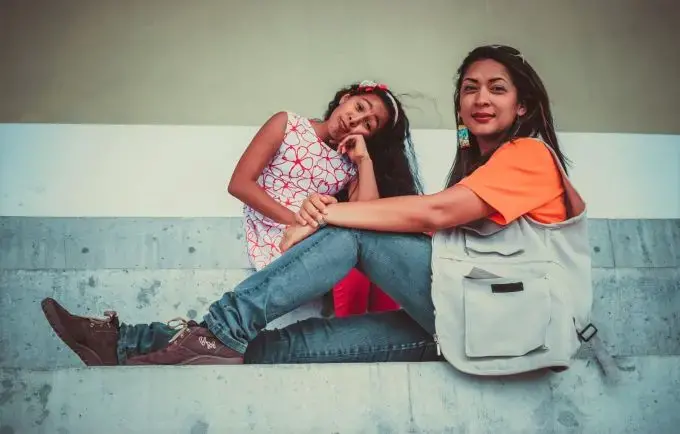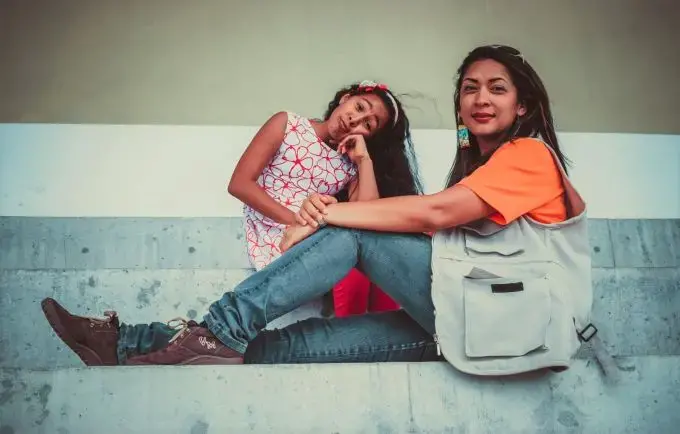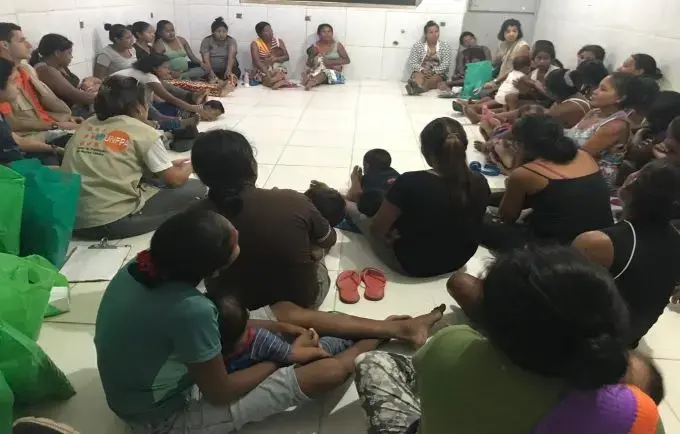Doryit is a Venezuelan woman, 41 years old, graduated in accounting and business administration, mother of two sons, 10 and 11 years old. Like many families, she arrived in Brazil in June 2018 with her husband and kids, searching for shelter and access to basic services. One of the sons of Doryit was diagnosed with autism, one of the reasons that accelerated her process of migration. The Venezuelan brought with her great ability of mobilization and activism, which, with the help of the United Nations Population Fund (UNFPA), she keeps alive in Brazil.
Doryit used to be an engaged activist in Venezuela for the rights of people with autism and other disorders. She participated in the creation of a law project to guarantee the assistance to autistic people in her country, which was unanimously approved by the state Legislative Assembly. The woman had also the initiative to create the Mundo TEA association, working mainly through social media, to ensure help to other families with autistic children in Venezuela.
In Brazil, she met the United Nations Population Fund through the course of Promotoras Legais Populares (Legal and Popular Prosecutors), a project coordinated by the Núcleo de Mulheres de Roraima with UNFPA, being one of the participants. She says this was the main motivation to restart her active life in social and collective movements. After that, Doryit created a group of women inside the shelter where she and her family were receiving help, with the purpose of gathering a support network between women that share the same space. “The group belong to women, so they can somehow feel embraced. In the case of any need or violence situation, she is addressed to the shelter’s managers so they can help”, explains.
“I am grateful to UNFPA for giving me the opportunity of capacitation, even with the fact that I was already and engaged person in my country, now this is a new country, a new reality, and I have to be ready and document the local issues to be able to make easy for me, my family and other women to be part of the society”, she says.
Once in Brazil, the family was facing lots of difficulties to access the public services of health and education. Doryit and her family even slept in the streets at the beginning of her journey to the country, until they were informed about Operação Acolhida -- the main federal government's response to the migration crisis -- and the work of the UN agencies in Roraima. That allowed them to be allocated in one of the shelters of Boa Vista.
The family is now listed as candidates of the process of interiorization, an initiative of Operação Acolhida that provides shelter and transportation for migrants and refugees in Roraima to other states of the country. Doryit intends to keep acting in defense of the rights of autistic people in Brazil. “Our expectation here is to have freedom, and simply keep living a quality life. Overall, we expect to have dignity. The dignity that has been taken away from us in all aspects”, she says.




